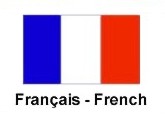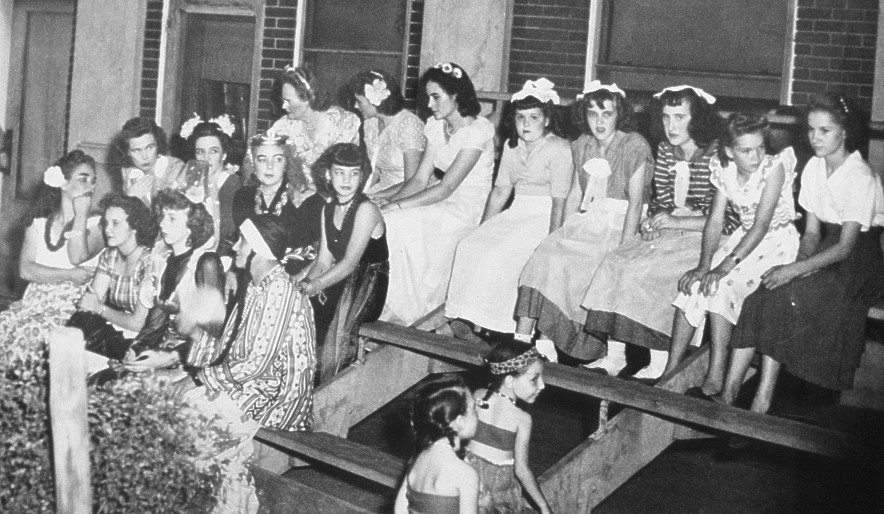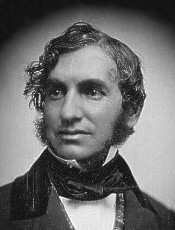Introduction
Hush: The summer dark has fallen
On the fertile Kansas plains;
On the people and the locusts
Whispering their little stories.
As the rabbits in their burrows,
And the coyotes in their dens,
And the prairie dogs and badgers
And the raccoons and the quail,
Tell their young of those who vanished;
Tell their young of prairie chickens
Buffalo and antelope
And the soaring great wild turkeys
That once lived here blest in hope.
Coyotes coax their young to caution -
To pour swiftly through the grass.
Lest they too must flee or perish
Like the buffalo and deer,
Like the prairie hens and turkeys,
Like the Indians themselves.
So the people tell their children
In the peaceful dusk of Kansas
As the winds grow soft and cooling,
Of the people come before us,
Of the people free as deer,
Of the ones before this evening,
Of the brave ones who came here
When the street out there was prairie
And the stores were gopher mounds.
People tell their young of hardship,
Of their legacies in courage, and of vision
And of faith and of honor and of kindness;
Of our heritage from Europe
And the cultural gifts of Asia,
Like the comfort of hot tea,
Like the jungle's gift of coffee,
Like the comfort of kimonos,
Of chrysanthemums and fans.
People tell their children - Careful!
Move with grace. The prairie bluestem
Is cut down. It cannot hide you,
Hide you in a circling world.
People know the world is watching,
People tell the children - Stop!
Take no more of food than feeds you;
Seek the wounded ones who need you;
Love the ones you need to love you;
Tend your fields with eyes above you,
Lest we die before the hunters,
Lest the buffalo and deer
Find us fellows in oblivion.
People tell their young be wiser,
Be more cautious than the Indians,
People tell their young be worthy
Of our heritage and blessings,
So we think about our blessings,
Tell them like a rosary.
Say "Excuse me," to the Indians;
Pay our penance to the vanquished;
Pay our penance to the living;
Pay our penance to the starving;
Pay our homage to all beauty
Gathered from the world beyond.
And regard their gifts as precious:
Music, pictures, dances, prayers,
Recipes and songs and dresses.
All the world has loved Hans Brinker
And his shining silver skates.
Joan D'Arc and Lafayette
We have thought of as our own.
Let us mention them with homage.
We are glad for La Paloma
As the stars have watched the river -
The Republican's meanderings
In this valley in the high-plains,
We will move in fact and fiction
Over fields and hidden places
Telling now our little stories.
Thinking of our German cousins -
Hungry too. A town in France
Needing milk for thin, pale children.
We may laugh and try to dance -
It's a gay world and a good one,
Life is light as well as sad.
Like the rabbit hiding from us,
We will eat the sweet raw carrot,
We will live as best we can
And repeat the old traditions
And the legends and the tales.
Take the good and fashion new ones,
Take the best for modern new ones,
Build a new and brave tradition
As we take from Hiawatha,
We once knew in childhood schoolbooks,
Words and meter for our story -
Comment
It is a quiet summer evening in Morganville and the light has almost faded. The people and the animals are settling
for the night. While they reflect upon the past, there is an element of sadness in the story because for many animals
and the Native Americans who once called this place home, some are now gone entirely, while the others are greatly
reduced in numbers. Whether animal or human, the future is not guaranteed.
One of those quiet summer-evening stories that parents tell their children is about the Native Americans - the first
people who called Morganville home - and the first white settlers who followed.
The parents and grandparents tell the children about the hardships the older generations experienced settling on
the Kansas plains. Yet they were not as isolated and insulated from the outside world as it may seem. Not only did
they bring physical things from far off places, but they brought their own culture as well.
The connectedness that is so supportive also comes with responsibility. As others help us, so we should help
others by using no more than we need and sharing what we have.
Settling a new land is hard work and sometimes a brutal business. Be respectful of those displaced, remember the
work done by those who came before and be thankful of the gifts of the world and think of these things regularly.
"Hans Brinker or The Silver Skates" was a popular book by Mary Mapes Dodge about a poor young Dutch
boy who hoped to win a pair of silver skates. It popularized the finger-in-the-dike idea. Joan of Arc and Lafayette
are seen here as fighters for freedom and Carson selecting two French examples is probably no coincidence.
"La Paloma" - The Dove - is a Spanish song adapted to many cultures and countries that promotes connectedness
and love and invokes the dove as a symbol of those attributes.
The Republican River passes just west of Morganville and contains many bends. Carson suggests the story has many twists and turns.
Life is good for us, but some are struggling. Many settlers near Morganville have German roots and their relatives in
Germany are hungry. The children needing milk are the ones in Fèves. The best elements of the past brought by the
settlers will be used to shape the future.



